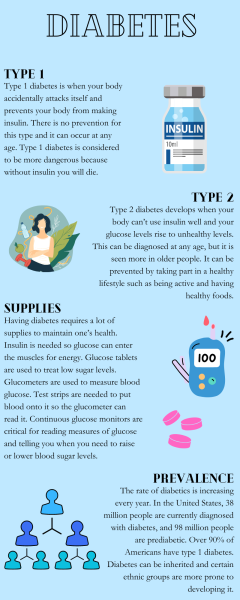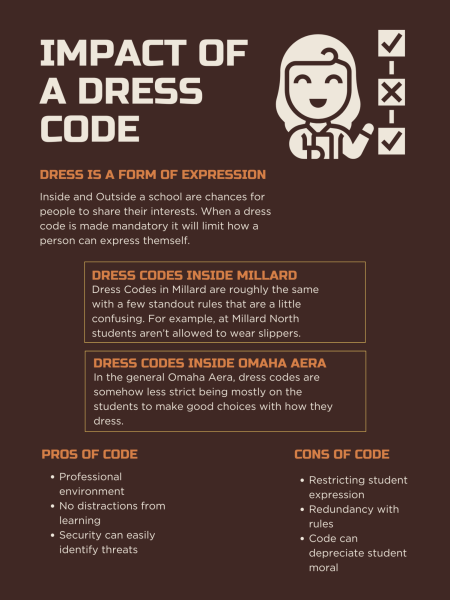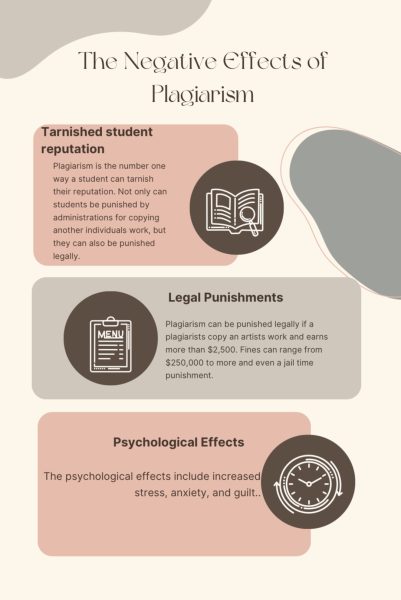The growing concern of screen time
An obvious answer is shrouded in doubt
With the evolution of technology, avoiding screens may appear to be impossible. However, with new technology, there are tools like limiters and screen time reports that can help limit excessive exposure to screens.
May 12, 2023
With an increasingly connected world, having long hours staring at screens seems inevitable. In 2021, 99% of young adults used the internet according to PEW Research. Although this is a drop from 100% in 2019, younger generations are by far the most connected group of individuals in modern society.
The negative connotation of high screen time has brought many concerned parents to discuss solutions. Some advocate for simply less screen time as they believe long hours of staring at a screen could cause damage. Their beliefs are justified by an article published by the National Institute of Health which stated “screen time is moderately associated with greater behavioral problems including ADHD, poor academic performance and poor sleep quantity and quality.”
However, simply reducing screen time may have unintended effects, especially on the youth. Teens and young adults frequently use technology to communicate and socialize. Social networking sites like Twitter and Instagram can form real communities. However, research conducted in 2003 by Professor of Psychology Janet Morahan-Martin and Professor Phyllis Schumacher of Mathematics states that loneliness has been linked with more internet use, which can cause a multitude of issues.
Being lonely is not just a feeling; constant loneliness causes significant health risks. According to the Centers for Disease Control, “Social isolation significantly increased a person’s risk of premature death from all causes, a risk that may rival those of smoking, obesity, and physical inactivity.”
Yet, more recent studies by Purva Grover, an assistant professor in Information Systems at International Management Institute, found that “social media platforms satisfy the human need and desire for social connection and relationship.” Therefore establishing the benefit of having some screen time.
One of the most significant benefits of screen time is the educational value it provides. There are numerous educational apps, games, and videos that are available online, and these can help children and adults learn new skills and acquire knowledge. These resources can be especially helpful for individuals who do not have access to traditional educational resources or who struggle with traditional teaching methods.
There’s sometimes no avoiding screen time, considering that Millard West provides and requires laptops. The education that relies on devices can be positive screen time as you are requiring new skills and learning new ideas.
Time on screens needs to be controlled, not so much limited. Students spend enough time on devices during the day and more than plenty recreationally. If a teen can control how much time they spend on their devices, then that’s plenty.
More drastic actions must be taken if teens cannot control themselves. Addiction and withdrawals from devices necessitate adults to step in. Parents should set temporary limits to screen time if they notice their children cannot or will not control themselves.
Screen time can have both positive and negative effects on individuals. While screens can provide access to education and socialization, excessive screen time can lead to negative physical and mental health outcomes, as well as addiction. It is essential for individuals to be mindful of their screen time use and strive for a balance between screen time and other activities.
Simple solutions like blue light filters and blue light glasses could assist if you have a higher screen time average. But the best way to keep screen time in check is abstaining. John Hopkins University recommends one to four hours of recreational screen time, therefore, putting limits on your devices or having parents keep a tab on them can be very beneficial.

















